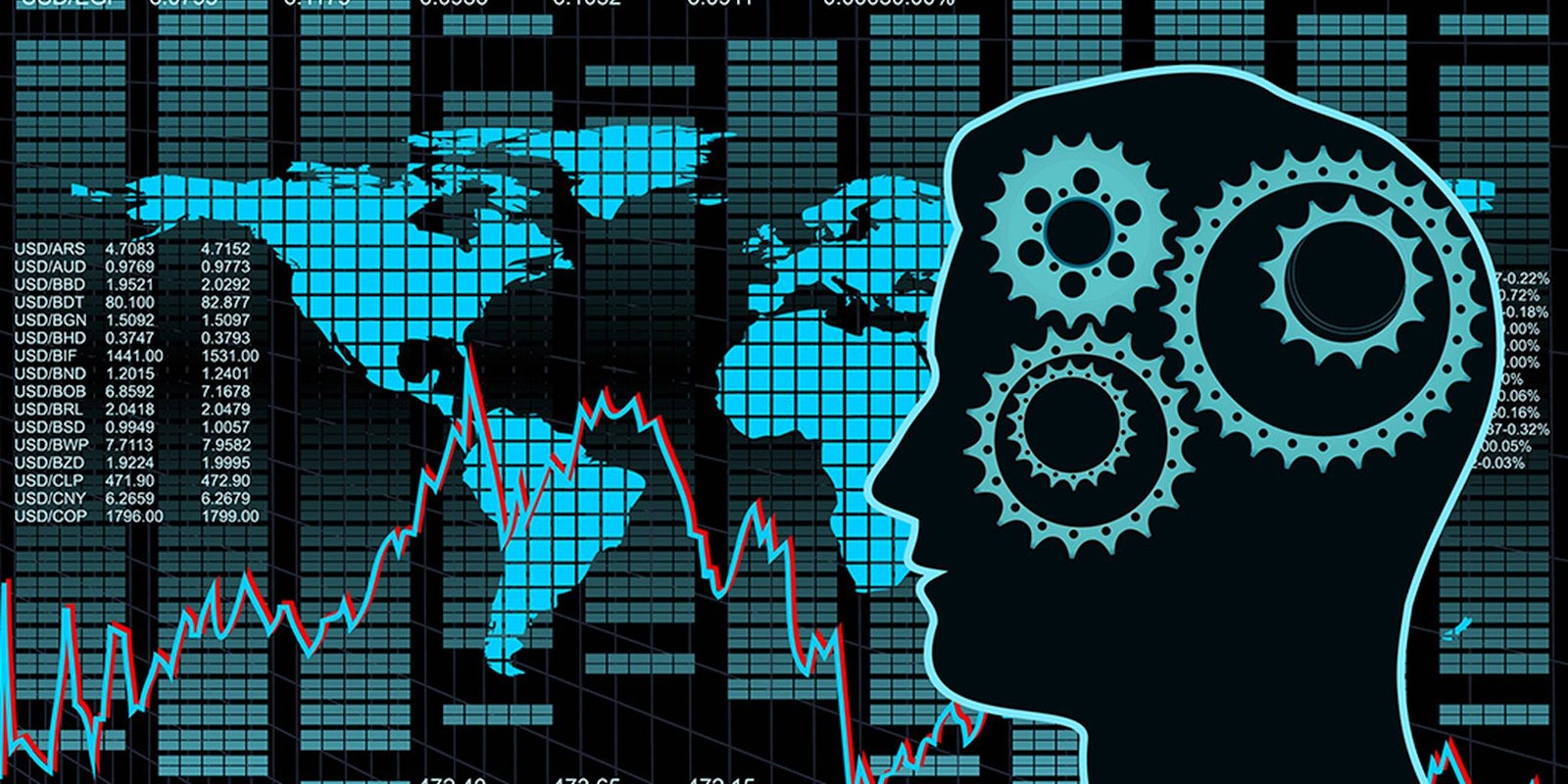Opinion
How come Facebook knows that I have a mother with Alzheimer’s, a woman asked the other day. She was sure that she hadn’t provided the social medium with such sensitive information. But when quizzed a bit further, she confirmed that she had googled the illness and been browsing the Alzheimer’s Association’s website. Both websites “gossip” about visitors’ behavior behind their back to other websites, including Facebook, via third-party cookies.
The woman was surprised. Yet a growing number of consumers know by now that when they get something for “free” in the digital world, they pay with a new currency—their personal data. This is the core business model of everything from “’free” email and search engines to social media and apps that track our exercise and health.
The companies behind these free services make fortunes selling access to us or selling our data directly to others, and we pay them with a currency we don’t know the worth of. What is a birthday worth, a political opinion, or a quest for parenthood or an illness?
Individuals are in the blind with this new currency because the inner workings of the market are completely opaque to us. Those who control the biggest troves of data are increasingly closed off about their doings (remember how, for example, Facebook rarely replies to a press request), while individuals, in general, are becoming more and more transparent.
Citizens revolt
Many of us have woken up to the fact that private life is no longer the default. We miss the lack of privacy (meaning the control of our own data) in the online infrastructure, and we are slowly beginning to understand the potential risks associated with losing control over our data: discrimination, missed opportunities, doxing, and a general creepy feeling of someone following our every move. The rapid increase in the use of ad blockers, fake data, and privacy tools, as well as a growing digital distrust evidenced in surveys (mostly from the U.S. and E.U.), offer clear evidence of growing consumer awareness.
But it is only the societal elite who are inkling towards truly evening out this power imbalance, as they are often more aware of what to do about it and have the purchasing power. They can pay for privacy-focused email services, buy an expensive Apple product that has built-in encryption, or choose the messaging service that doesn’t track them.
We’re in a similar situation today as we were with the environment a few decades ago with growing environmental concern; people knew there was a problem but didn’t know how to act on it. many didn’t know how to act on this concern.
Now, in most developed countries we can sort our garbage, eat organic foods, take solar-powered showers, and drive electric cars. As the market for green tech grew, prices fell and an increasing number of consumers followed suit, formal systems and requirements were developed, and global environmental standards were negotiated. Companies take the environment seriously now—not only because of government oversight but also because green business practices are also sound business practices.
Privacy is a universal human right. No economic interests should be able to cancel or offset that.
The same will happen with privacy. Today, we are worried and most don’t know how to act on it. But a new market for privacy tech and data ethical products and services is emerging. There are alternative search engines that do not monitor your every search, pay-for emails services that do not read your communications to “serve” you with “relevant” ads. There are VPN services, where you encrypt the communication and can choose your own location so your real position is not tracked. There are so-called personal data stores providing tools for individuals to store and control and even sell your data.
But these are far from the norm of the online market, and while data protection laws, data ethical business practices, common international standards, and cultural frameworks are being negotiated, privacy will be for the highly educated, well-off, well-known and powerful.
A competitive parameter
The first digital gap was created between those with access to the internet and its possibilities, and those without. We are in the process of creating a new digital divide, where those who can afford it have privacy and a private life, while the economically vulnerable groups in society do not.
Privacy is a universal human right. No economic interests should be able to cancel or offset that. Human rights are for all. Not only for those who can afford it.
With the new EU Data Protection Regulation, European authorities plan to strictly enforce it with high fines for data abuse. And for visionary businesses, privacy and data ethics will become a competitive parameter. Businesses need digital trust to thrive, and digital trust is in demand in the current digital infrastructure.
Gry Hasselbach and Pernille Tranberg are the authors of Data Ethics – The New Competitive Advantage, which examines the data ethics of 50 private companies. It is supported by the Internet Society and available for pre-order here.


